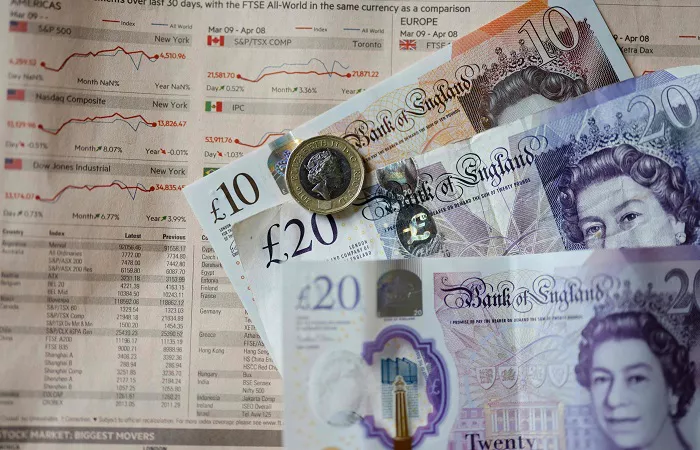The Pound Sterling (GBP) has shown strength against several of its major counterparts, excluding Asia-Pacific currencies, at the start of the week. This upward movement comes as the market anticipates that the Bank of England (BoE) will follow a more gradual policy-easing cycle due to persistent worries about price pressures.
There are growing expectations that the Federal Reserve (Fed) will cut interest rates by 25 basis points (bps) on December 18, which has also played a role in the Pound Sterling’s performance against the US Dollar. However, Fed Governor Michelle Bowman has signaled caution regarding interest rate cuts, given that price pressures in the US remain elevated.
On the UK side, the BoE’s Monetary Policy Committee (MPC) members have offered their perspectives on inflation. External member Megan Greene stated on Thursday that she suspects the UK will hit its inflation target by the end of the three-year forecast period. Meanwhile, BoE Governor Andrew Bailey, on Wednesday, acknowledged that the central bank still has work to do to bring inflation down below its 2% target, though he expressed confidence that the disinflation process is firmly in place.
Investors are closely watching BoE Deputy Governor Dave Ramsden’s speech, scheduled for 13:00 GMT on Monday at an event organized by the Official Monetary and Financial Institutions Forum. Ramsden has been among the policymakers with a tendency towards reducing interest rates, and his remarks could potentially influence market sentiment.
From an economic data perspective, a recent survey by the Recruitment and Employment Confederation (REC) trade body and KPMG has shed light on the impact of the UK Labour’s first budget. The budget saw an increase in Employer’s National Insurance Contribution (NIC) to 15%. As a result, the survey shows a decline in the demand for workers. The index of demand for staff dropped to 43.9, marking the lowest reading since August 2020, down from 46.1 in October. This change in labor demand could have broader implications for the UK economy and, in turn, the performance of the Pound Sterling in the currency markets.
Related topics:
Mexican Peso’s Flat Trading After Gaining on Jobs Data
Political Uncertainty in South Korea Sends Shockwaves Across Asian Markets


